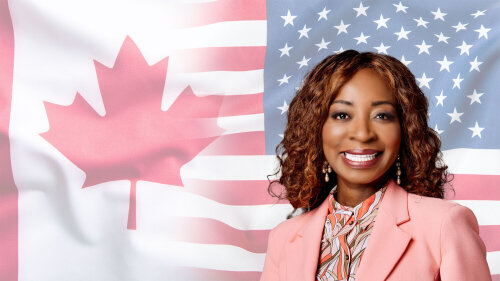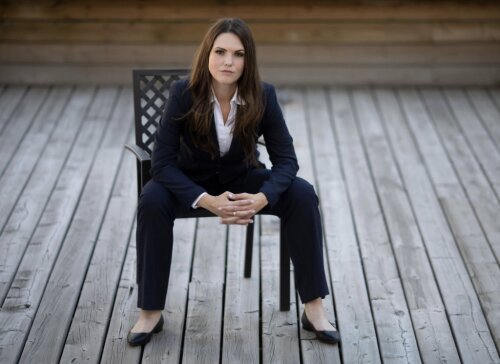Best Dependent Visa Lawyers in Calgary
Share your needs with us, get contacted by law firms.
Free. Takes 2 min.
List of the best lawyers in Calgary, Canada
About Dependent Visa Law in Calgary, Canada
The Dependent Visa in Calgary, Canada allows the family members of a Canadian resident or citizen to immigrate to Calgary. This includes spouses, common-law partners, children aged under 22, and sometimes parents or grandparents. The law is designed to allow families to stay together when one member is working, studying or settled in Canada. The process of obtaining a Dependent Visa can be complex and requires a clear understanding of the immigration law and the details of the visa application process.
Why You May Need a Lawyer
Navigating through immigration law can be a challenging endeavor for anyone, especially given the complex legal jargon. You may need legal help to make sure all necessary documents are correctly filled out, as an oversight can lead to visa rejection. A lawyer can also assist in case your application has been denied previously. Other issues like a criminal record, health complications, or failure to meet other admissibility criteria are situations where specialized legal help could be crucial.
Local Laws Overview
The Calgary immigration laws are governed by federal Canadian legislation, so it’s identical everywhere within Canada. However, local lawyers in Calgary will have a superior understanding of how the laws are applied and implemented at the local immigration offices, and can liaise with staff on behalf of their clients. A Calgary lawyer can address distinctive situations that may arise within the local context. The Dependent Visa law recognizes both marriage and common law partners including same-sex couples. For parents and grandparents, they should be sponsored under the Family Class category. Also, dependent children must be under 22 and not be married or in a common-law partnership. These laws constantly change and are updated frequently.
Frequently Asked Questions
Who can apply for a Dependent Visa?
A dependent visa application can be submitted by a person who is a Permanent Resident of Canada or a Canadian Citizen. They can sponsor their spouse, common-law partner and/or dependent children.
How long does the process of obtaining a Dependent Visa take?
The processing time for a dependent visa varies and can be influenced by many factors including the volume of applications, how easily your situation can be verified, how well and when you complete your application, and whether the application requires additional screening or checks.
Can my application be rejected?
Yes, an application for a dependent visa can be refused for a number of reasons, such as not meeting eligibility criteria, having a criminal record, or failure to provide necessary documents.
How can I extend my stay on a Dependent Visa?
If you are in Canada on a Dependent Visa, you can apply for a Visa Extension before your current visa expires. A lawyer can help guide you through this process.
Are my parents eligible for a Dependent Visa?
Parents and grandparents can be sponsored to become permanent residents under the Family Class but they are not classified as dependents. A different set of rules apply for them.
Additional Resources
You can find further information from the Government of Canada's official immigration and citizenship website. Community organizations in Calgary also offer immigration services, and law firms specializing in immigration can provide expert advice.
Next Steps
If you think you might need legal help with your Dependent Visa application, your first step should be to find a trustworthy lawyer specializing in immigration law in Calgary. They will be able to provide advice tailored to your situation, and guide you through the entire process.
Lawzana helps you find the best lawyers and law firms in Calgary through a curated and pre-screened list of qualified legal professionals. Our platform offers rankings and detailed profiles of attorneys and law firms, allowing you to compare based on practice areas, including Dependent Visa, experience, and client feedback.
Each profile includes a description of the firm's areas of practice, client reviews, team members and partners, year of establishment, spoken languages, office locations, contact information, social media presence, and any published articles or resources. Most firms on our platform speak English and are experienced in both local and international legal matters.
Get a quote from top-rated law firms in Calgary, Canada — quickly, securely, and without unnecessary hassle.
Disclaimer:
The information provided on this page is for general informational purposes only and does not constitute legal advice. While we strive to ensure the accuracy and relevance of the content, legal information may change over time, and interpretations of the law can vary. You should always consult with a qualified legal professional for advice specific to your situation.
We disclaim all liability for actions taken or not taken based on the content of this page. If you believe any information is incorrect or outdated, please contact us, and we will review and update it where appropriate.














